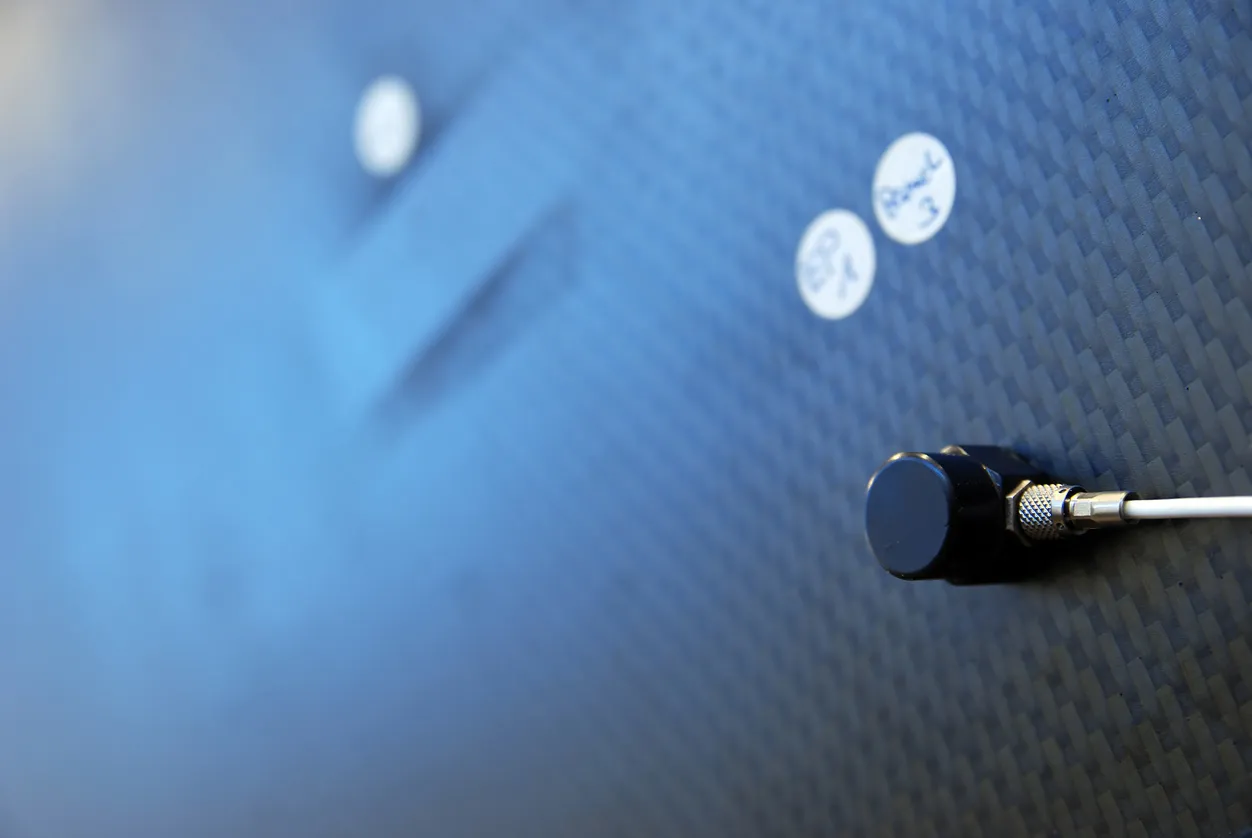BTFmesures’ expertise in accelerometers
BTFmesures offers a complete range of sensors dedicated to acceleration measurement, primarily based on piezoelectric accelerometer technology.
Available in single-axis versions for targeted directional measurements or multi-axis versions for a comprehensive motion analysis, our sensors integrate seamlessly into modern systems thanks to the IEPE interface, ensuring reliable signal transmission and optimal compatibility with demanding environments.
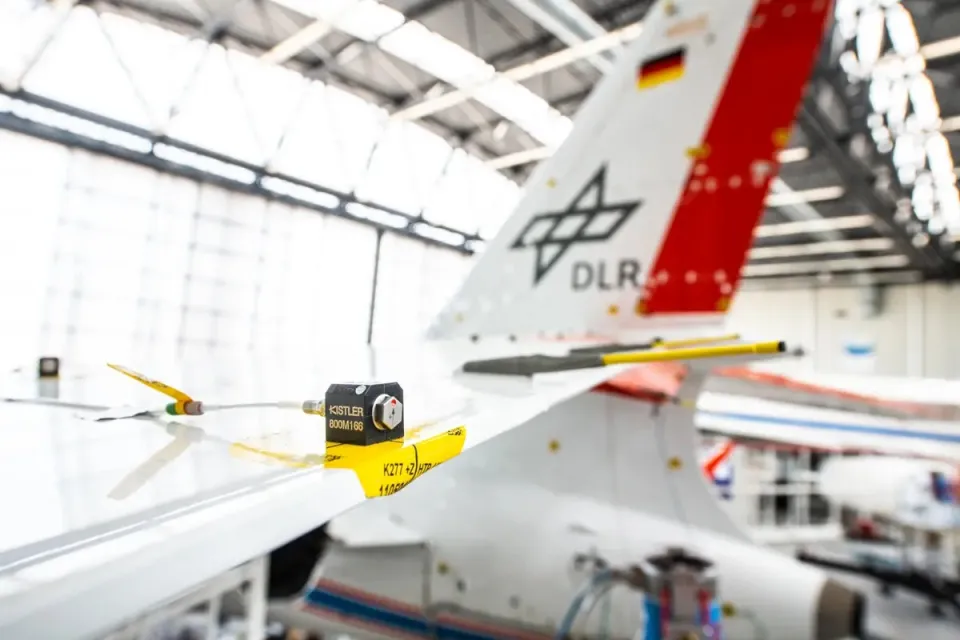
Aerospace application
In aeronautics and space, precision and robustness are essential. Our piezoelectric accelerometers detect accelerations and vibrations under extreme conditions, for trajectory control, vibration monitoring, or onboard testing.
Single-axis sensors are suitable for targeted measurements, while multi-axis sensors enable a comprehensive analysis of dynamic behavior. The IEPE interface facilitates their integration into onboard systems.
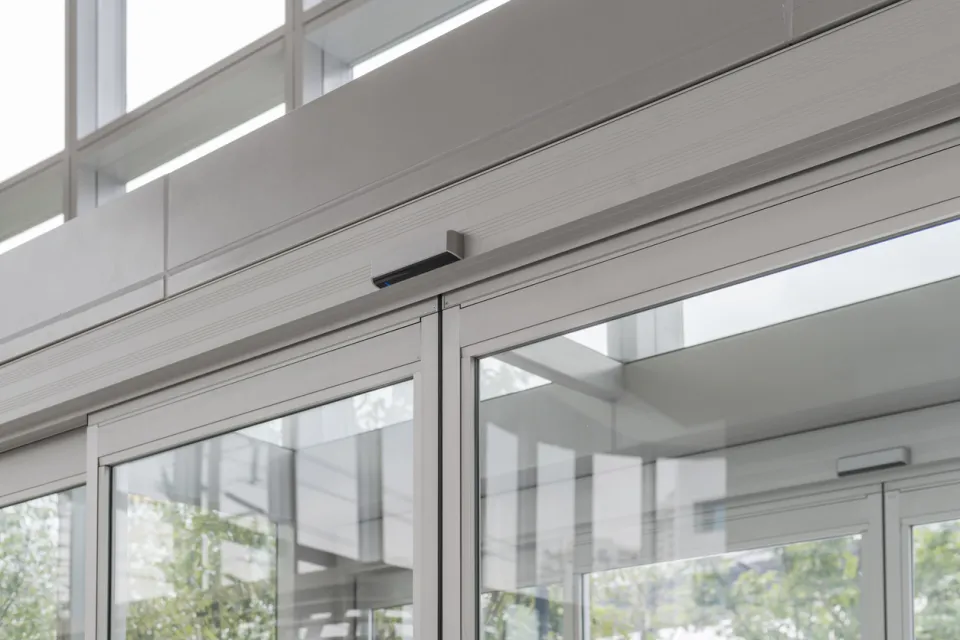
Application in structural and vibration analysis
For dynamic analysis of structures, materials, or mechanical systems, our sensors provide high sensitivity, particularly thanks to quartz active elements.
They are used for vibration, modal, or impact measurements. In the packaging sector, they help identify shocks and vibrations experienced during transport, optimizing the design of packaging solutions.
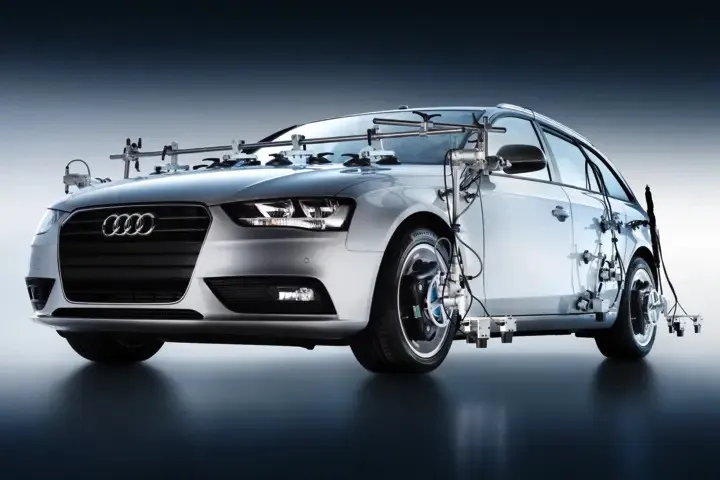
Vehicle applications
Accelerometers are key tools for evaluating vehicle performance, comfort, and safety. They make it possible to measure engine vibrations, crash-test shocks, or accelerations in real driving conditions.
The single- or multi-axis range adapts to different testing needs. Thanks to their IEPE compatibility, the sensors integrate easily with test benches or onboard systems.
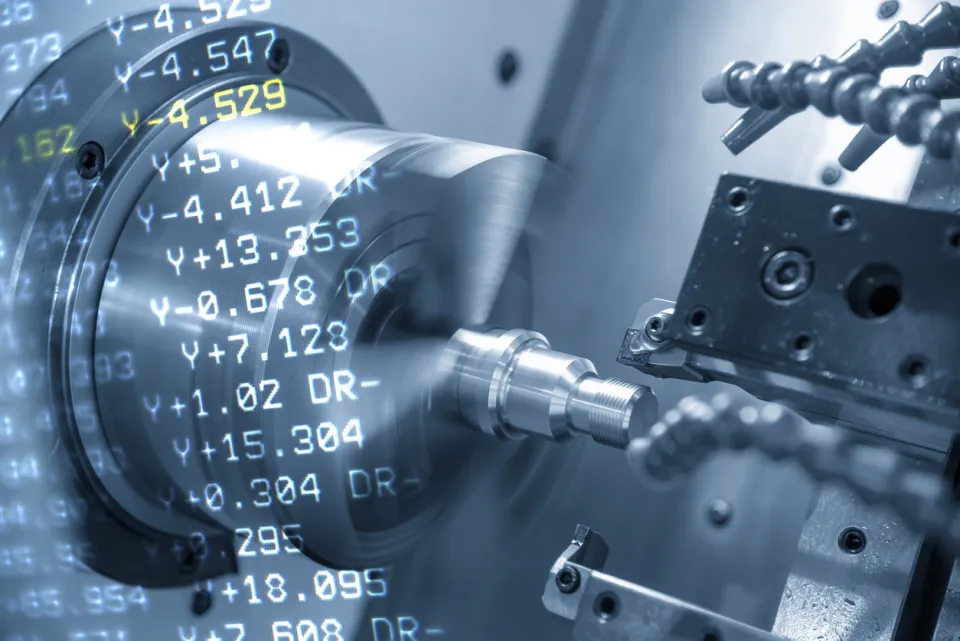
Industrial machinery applications
In predictive maintenance and equipment monitoring, accelerometers effectively detect imbalances, misalignments, or mechanical faults through vibration analysis.
Installed on rotating machines, they record even small variations in acceleration. Single-axis versions are often sufficient for simple diagnostics, while multi-axis versions provide a more comprehensive view. The IEPE interface simplifies wiring and integration into automated monitoring systems.
